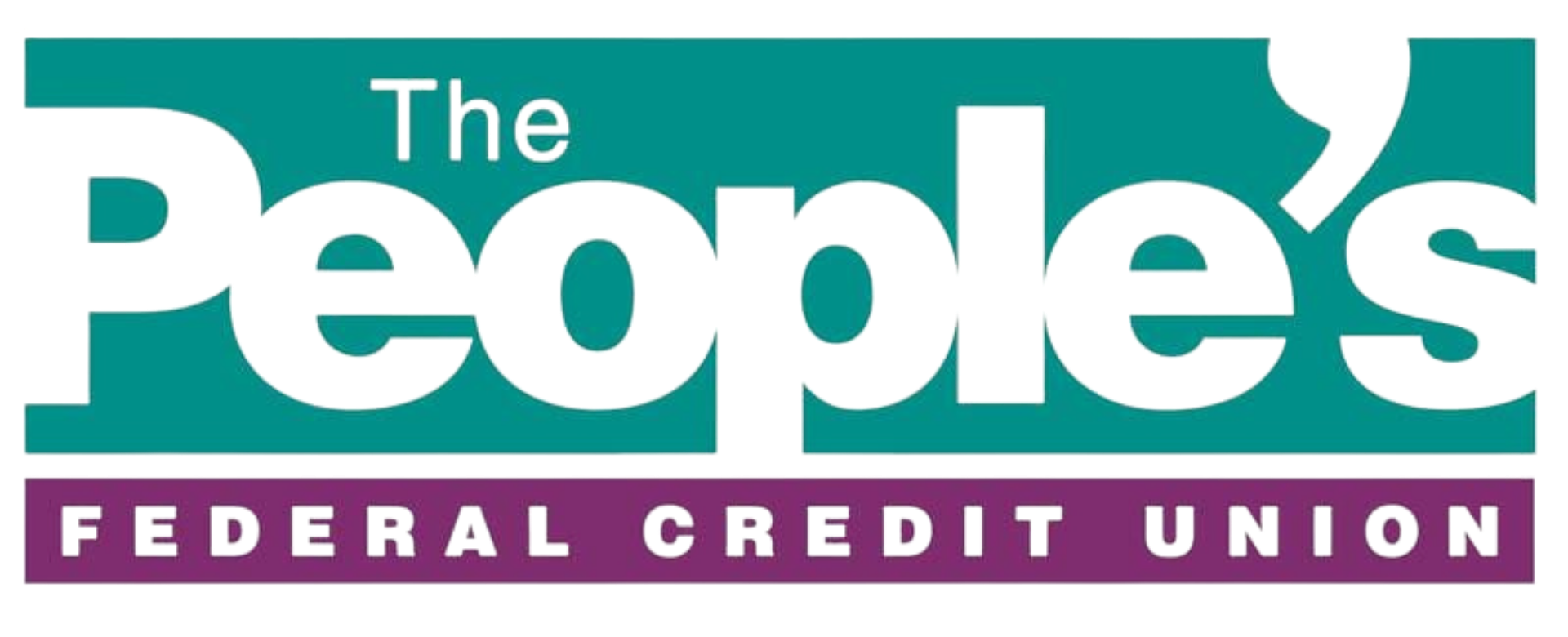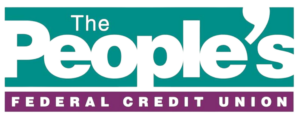It can seem challenging to build wealth while paying off debt. Some people put every dollar they earn into reducing their debt. However, when we are talking long-term, like with a car loan, mortgage, or student loan, you may find this goal can leave you ill-prepared for financial emergencies and retirement.
Debt is a part of life in today’s society. Everyone should learn how to balance their debt while saving for the future. To help get you started, this is what you need to do next:
1. Recognize the different types of debt.
There are both good and bad debts. Good debts include your mortgage, student loans, and car loans. Bad debts are things like using your credit cards to buy groceries, gas, new clothing, and those morning expressos.
Start by making a list of how you spend money, including what you purchase using your credit cards. This will help you determine whether the debt is good or bad.
2. Establish short-term debt reduction and savings goals.
Where most people go wrong is they try to set long-term goals right away. To be successful at building wealth and reducing debt, you need to set short-term goals first. Make sure your goals are attainable, specific, and reachable.
For instance, you could set a short-term goal to save $500 in three months. To reach this goal, you would need to save about $40 a week. Once you reach this savings goal, double it and make a new short-term goal to save $1,000. Keep doubling it until you reach where you want to be—like having three months’ worth of living expenses set aside in an emergency savings account.
At the same time, decide how you want to pay down your debt. You could choose to target paying off your lower balances first, then rolling those payments into your large ones after they are paid off. Another option is to make extra payments on your larger debts to pay them down faster.
3. Create a spending and saving budget.
If you do not already have a budget, make one. You need to know where all your money goes to determine if there are things you can cut to reduce your spending. By reducing your spending, you will have extra money to pay off debt and to save.
For example, giving up your morning $6 expressos, dropping to a lower smartphone data plan, turning off the cable and using streaming services, and using coupons to buy groceries are all great ways to reduce spending.
4. Use credit cards wisely for building credit.
Building credit is equally important for buying a home or car when you want the best interest rates. Make sure, if you use credit cards to buy gas, groceries, and other such things, that you have the cash already set aside to pay the debt off before you are charged interest.

5. Track your progress monthly.
Having a plan in place and using it are equally important. Make sure you track your debt reduction and savings every single month. This will help guarantee you are not falling back into old spending habits and ignoring savings goals.
As you monitor your progress, you will start to notice your debts going down and your savings going up. Remember to make adjustments to your goals, as you pay down debts, like making extra payments on debts or increasing the amount you are saving weekly.
Sticking to your debt reduction and savings goals will lead to you the financial freedom you desire and set you up for a secure future. Remember, The People’s Federal Credit Union is here to help too!
We offer interest-bearing savings accounts, cash-back checking rewards, and more! Stop by your nearest branch or call us at (806) 359-8571 today!








